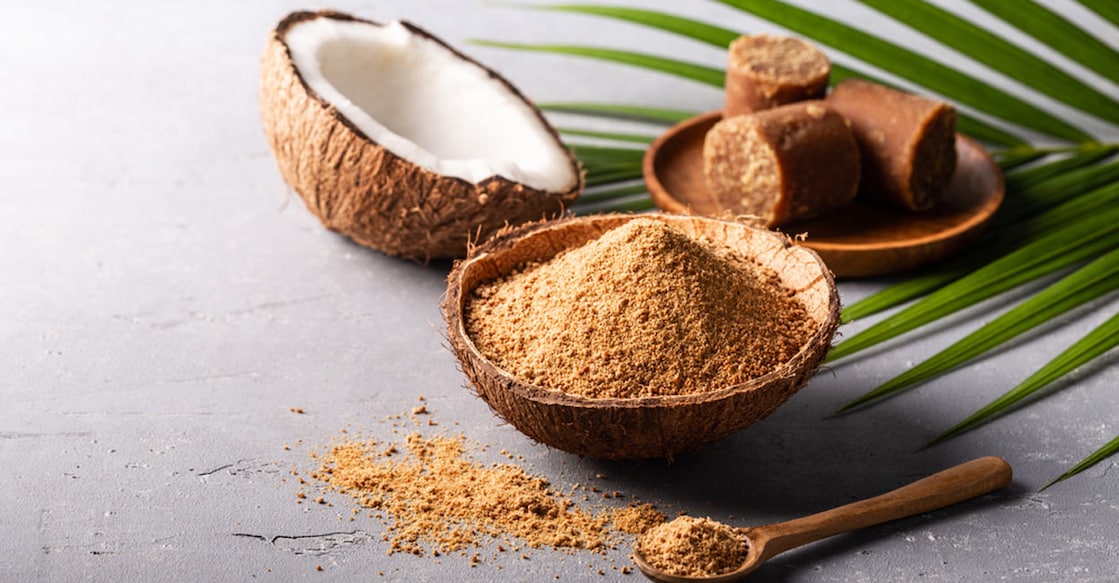Coconut sugar: Kerala’s sweet little secret with a global fanbase

Mail This Article
Coconut sugar isn’t some new-age thing people discovered after a yoga class. It’s been around forever. In Kerala, the coconut tree does pretty much everything except run a bus service. It gives you roofing, oil for your pan, toddy in the afternoon, and if you tap the flower right, you get sugar too.
The sap is collected and slowly heated until it thickens and turns into these golden-brown crystals with a warm, caramel flavour. It’s sweet, but not in that flat, one-note way you get from regular sugar. This has character. It actually tastes like it came from a tree.
Now it’s popping up on health blogs and in fancy cafés. But here in Kerala, it’s just another smart use of a tree that’s always pulled its weight.
A natural sugar from the coconut flower
Coconut sugar is made by tapping the flower buds of the coconut palm to extract a sweet sap. This sap is slowly heated until the moisture evaporates. What remains is a thick syrup that crystallises into sugar. The final product is brown, slightly sticky, and carries a mellow caramel flavour. It is quite different from refined white sugar in both taste and texture.

Health profile and benefits
Coconut sugar is not a miracle ingredient. However, it is less processed than refined sugar and retains small amounts of nutrients like iron, zinc, and potassium. It has a lower glycaemic index, which means it may not spike blood sugar levels as quickly. It also contains inulin, a natural fibre that may help support gut health.
Availability in Kerala
You can find coconut sugar in Kerala at organic stores, major supermarkets such as Lulu, and on online platforms like Amazon and BigBasket. Local producers and farmer collectives also sell it in weekly markets and local fairs. Some of these versions are made using time-honoured techniques.

A heritage that predates the trend
The practice of collecting coconut sap is long established in Kerala. Toddy tapping and neera extraction are familiar parts of the rural economy. Coconut sugar is a continuation of this heritage. Similar traditions exist in other tropical regions, especially across Southeast Asia.
Traditional cousins of coconut sugar
Kerala has long used alternative sweeteners made from sap and fruit. Coconut sugar is closely related to:
Panam kalkandam: Sugar crystals from palmyra palm sap, often added to herbal drinks and ayurvedic remedies.
Jaggery (sharkkara): Dense, rich, and full of depth, jaggery is a mainstay in payasam and temple offerings.
How to use it
Coconut sugar can be used in place of white sugar in several familiar dishes and drinks:
- Black coffee or chukku kaapi
- Banana cakes or sweet appam
- Tamarind-based chutneys and sauces
- Payasam, pradhaman, or even ela ada

